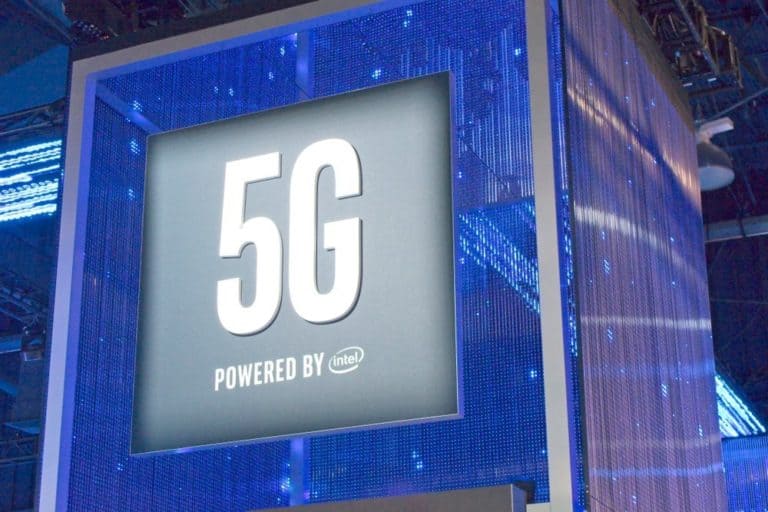The closure of the lawsuit between Qualcomm and Apple and the renewed cooperation between them is bad news for Intel. The current iPhone and iPad modem supplier cannot stop Qualcomm’s 5G bulldozer and throws in the towel.
The deal between Qualcomm and Apple came as a thunderbolt from the blue. After two years of litigation between the two on Qualcomm’s monopoly position in the smartphone chipset market, a collaboration has been established. Apple may use Qualcomm’s patents for the next six years, with an optional two-year extension.
The collaboration between the two puts Intel out of the game. For the past two years, it has been Apple’s only modem supplier. With the arrival of 5G, however, the cooperation showed cracks because Intel could not follow Qualcomm’s pace of development.
Stopping 5G modems
Qualcomm has already launched its first 5G modem this year and is already working on the second generation of chips for next year. Intel, on the other hand, has no 5G chips yet and initially targeted 2020 for the very first load. Two weeks ago Silicon Angle reported that Intel had missed internal deadlines, so the first chips would not appear until 2021.
As a result, Apple may have lost confidence in the chip manufacturer and made a deal with Qualcomm to launch a 5G iPhone on the market in 2019 or 2020 at the latest. Samsung, Huawei and other parties will launch their first 5G devices in 2019. The development of the Intel XMM 8160, the 5G modem intended for Apple and other interested manufacturers, is now immediately halted.
New focus
In the meantime, Intel is looking at the opportunities for 4G and 5G modems within pcs and IoT devices. It also lets us know that all current 4G modems in smartphones and related engagements are still being completed. However, it deletes all 5G plans in the smartphone market. Intel therefore does not throw in the towel in the ring at 5G plane.
Intel CEO Bob Swan: 5G remains a strategic priority within Intel and the team has developed a valuable portfolio of wireless products and intellectual property. We look at our options to realize the value we have created, including opportunities in a wide range of data-centric platforms and devices in a 5G world.
Intel’s 5G mode branch was today just a small part of data center, edge and network transformation. There’s a lot more business in these branches than modems. Due to Intel’s current struggles about 5G, according to analyst agencies Constellation Research Inc. and Moor Insights & Strategy it is a logical choice to stop.
Intel is already planning an increased focus on specialized chips, such as FPGAs. Yesterday it bought the British company Omnitek, a specialist in FPGA solutions for video and AI applications. This strengthens the blue chip giant’s position in this fast-growing market for reprogrammable chips.
Related: Apple and Qualcomm stop trial and start new collaboration
This news article was automatically translated from Dutch to give Techzine.eu a head start. All news articles after September 1, 2019 are written in native English and NOT translated. All our background stories are written in native English as well. For more information read our launch article.